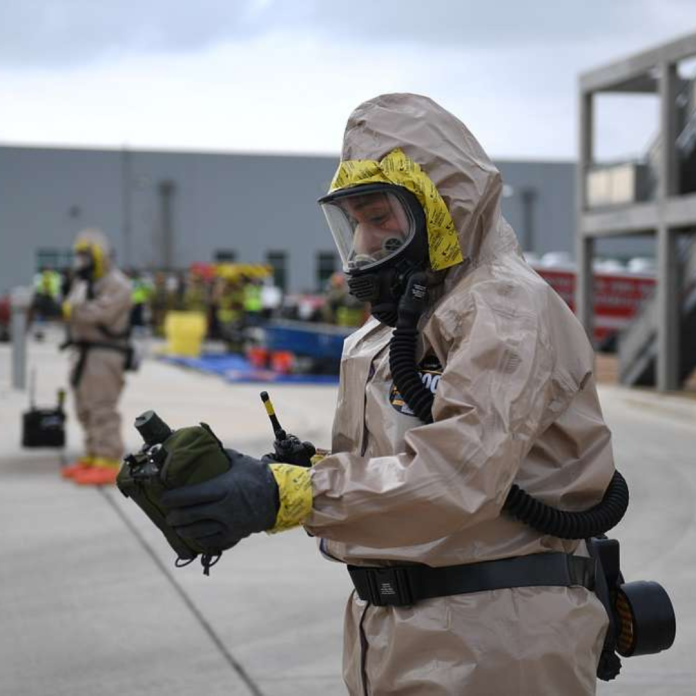Washington, D.C. — The United States will impose sanctions on Sudan after concluding that the country’s military deployed chemical weapons during its ongoing civil war with the paramilitary Rapid Support Forces (RSF), a serious breach of international law.
In a statement released Thursday, U.S. State Department spokesperson Tammy Bruce said the Sudanese government must “cease all chemical weapons use and uphold its obligations” under the Chemical Weapons Convention (CWC), which Sudan ratified in 1999. The U.S. Congress has been formally notified of the decision, and sanctions—expected to take effect around June 6—will include restrictions on American exports to Sudan and a block on the country’s access to U.S. government lines of credit.
The specific incidents cited by the State Department have not been publicly detailed, but a January report by The New York Times revealed that Sudanese government forces may have used chlorine gas at least twice in remote parts of the country. The report, based on U.S. intelligence, indicated the gas was deployed against RSF fighters, and that it caused severe respiratory injuries and deaths.
Sudan’s Information Minister, Khalid al-Aiser, rejected the allegations, calling them “baseless” and accusing Washington of “political blackmail and a deliberate falsification of the facts.”
Since April 2023, Sudan has been mired in a civil war between the army, led by General Abdel Fattah al-Burhan, and the RSF, commanded by General Mohamed Hamdan Dagalo. The fighting has displaced more than 13 million people and killed thousands, plunging the country into one of the world’s worst humanitarian crises.
The United States has already sanctioned both leaders—al-Burhan in January for refusing to participate in peace negotiations, and Dagalo over alleged atrocities including acts of genocide committed by RSF forces and allied militias.
A Grim History of Chemical Warfare
The allegations against Sudan place it in a grim lineage of nations accused or proven to have used chemical weapons in modern warfare—despite international prohibitions.
Perhaps most notoriously, the Syrian government under Bashar al-Assad has been widely documented using chemical agents, including sarin and chlorine, against civilians during the country’s ongoing civil war. The 2013 sarin gas attack in Ghouta, which killed over 1,000 people, drew global condemnation and led to a U.S.-Russia-brokered deal to dismantle Syria’s chemical arsenal—though further attacks have since occurred.
In the 1980s, Saddam Hussein’s regime in Iraq used mustard gas and nerve agents against Iranian troops during the Iran-Iraq War, and later against Kurdish civilians in the Halabja massacre of 1988, killing an estimated 5,000 people.
More recently, the use of Novichok, a military-grade nerve agent, in the attempted assassinations of Russian dissidents in the United Kingdom has raised alarms about chemical weapons use beyond traditional battlefields.
Under the Chemical Weapons Convention, which has 193 signatory nations, the production, stockpiling, and use of chemical weapons is banned. Violations are considered a breach of international law and can trigger sanctions, prosecution, and international isolation.
Diplomatic Fallout
While Washington’s latest move adds to mounting pressure on Sudan’s warring factions, it also signals the Biden administration’s willingness to reassert international norms in a conflict that has often been overlooked.
“The use of chemical weapons is not only illegal—it is morally abhorrent,” said a senior U.S. official familiar with the matter. “Sudan’s government must be held accountable, just as any regime would be.”
As the June 6 sanctions deadline approaches, the international community will be watching to see whether this action marks a turning point—or merely another chapter—in Sudan’s deepening crisis.
By Aljazeera



